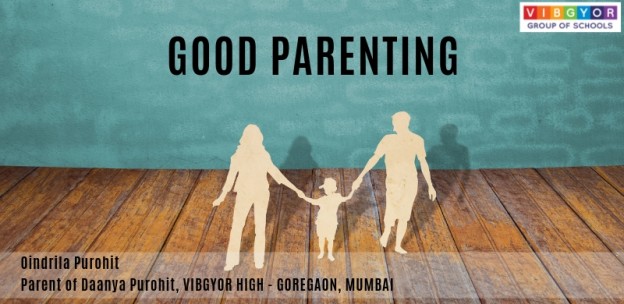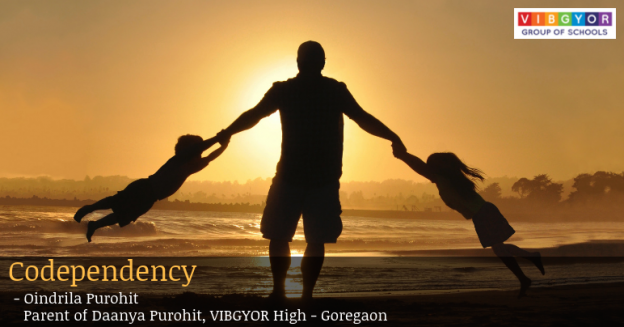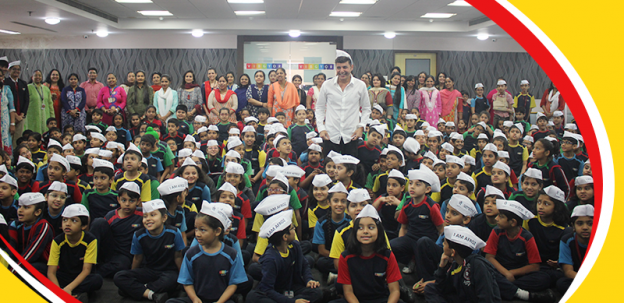Being the ‘Good’ parent is not so difficult, after all!
From the moment we become parents, we are constantly under pressure to attain the much coveted ‘Good Parent’ title. An idealistic unmeasurable concept that only exists as a notion in our own heads; whose measurement parameters are in the hands of every human we interact – known or stranger.
In many ways our parenting journey is like the Aesop’s fable ‘The Man, His Son and The Donkey’. In our case, the donkey being our parenting style. So, whichever way we lead our donkey we are bound to attract criticism. Here is where the feeling of GUILT comes handy.
Guilt is a feeling of worry or unhappiness that we experience when we have done wrong or have deviated from the set norm. While Guilt is labeled as a negative emotion, for us parents it works in our favour.
This is how guilt helps:
First, I create a list of traits that according to my society and me, a good parent must have. Like, all good mothers, bake cookies and cakes or, to be a good mother I must host trendiest playdates or, good parents sing lullabies each night. Then I assign an implicit under side, which says if I did not host the latest in-trend playdate (so what if trends change every hour) or bake cakes (a take from colonial mommy image) or sing melodious lullabies (despite my sore throat) I am a bad mother.
Now, being a bad mother is not what I wish to be. It is not a feeling I am comfortable with. So, I feel GUILTY. Now I say, “I am a bad mother as I do not bake cakes with my son, but since I feel so guilty about it, I am actually a good mother.” By feeling guilty, what I just did was to allow me keep a high opinion of myself while acting like what I believe was bad. After all, only good conscious individuals feel guilt and remorse for their actions. Is it not? In a way, guilt becomes our saviour.
Most often, the source of these high code of conducts originate from benchmarking with our previous generation, comparing lives over social media, our own upbringing where we have been made to believe in ‘sacrifice all for the sake of children’ kind of parenthood or, in majority cases our beloved Bollywood cinema and television serials.
Going back to our ‘donkey’, just as there is no right or wrong way to deploy the services of this faithful animal except to avoid cruelty, there is no right or wrong way of parenting as long as it stems from trust and love. Each child is different and so is each parent.
Few points from my personal parenting diary that helps me stay sane:
- We are unique:Know what is best for my family and accordingly align my expectations from self
- One step at a time:Listen to my child to know her immediate needs (at times the need is for attention, at times seeking more freedom and yet at times the need is of being appreciated) and tend to those for that moment
- Different is good:Be conscious that my child is not an extension of me but an individual in her own right
- Be OK to be wrong: Accept that I am also growing as a parent, just as she is growing as an individual, so we shall both make our own mistakes and that is OK.
- Lose control:Remind myself that I am not responsible for fulfilling her dreams, my responsibility ends at being the facilitator.
To quote OSHO, “The function of parents is not to help children grow, they will grow anyways. The function is to help what is already growing.
Oindrila Purohit
Parent of Daanya Purohit
VIBGYOR High – Goregaon, Mumbai





